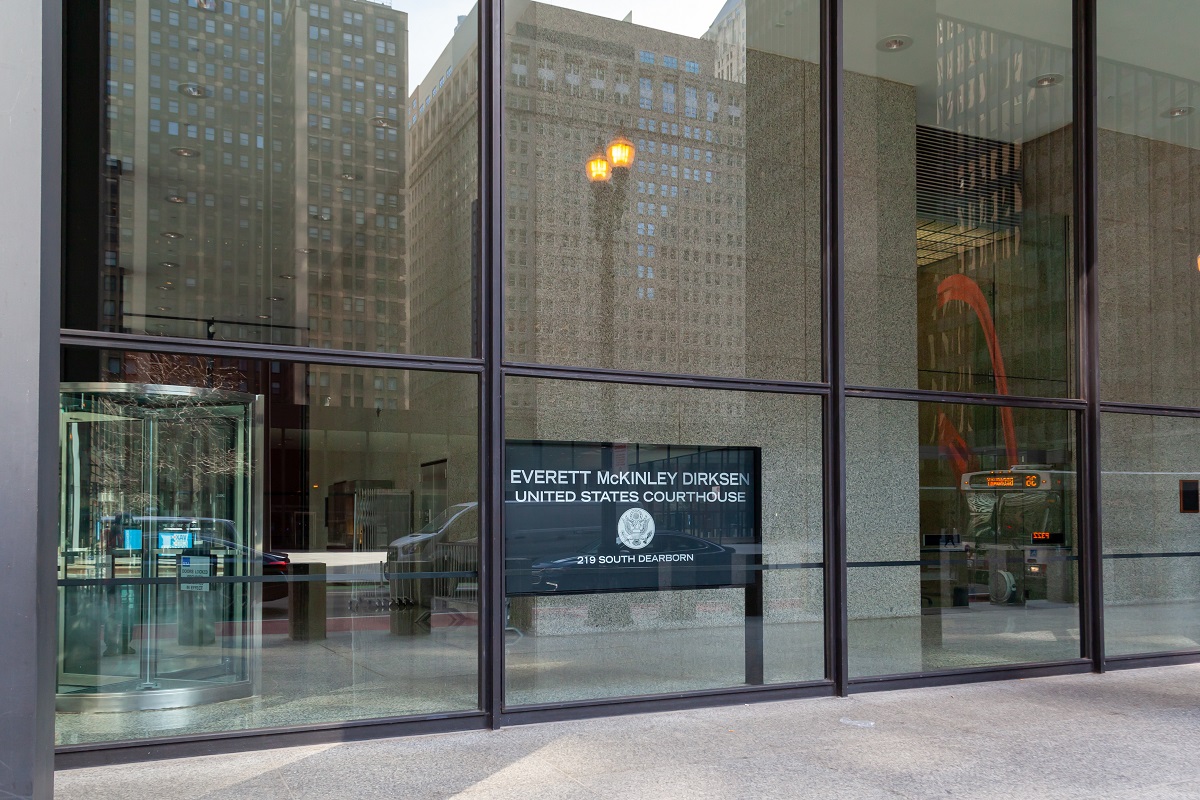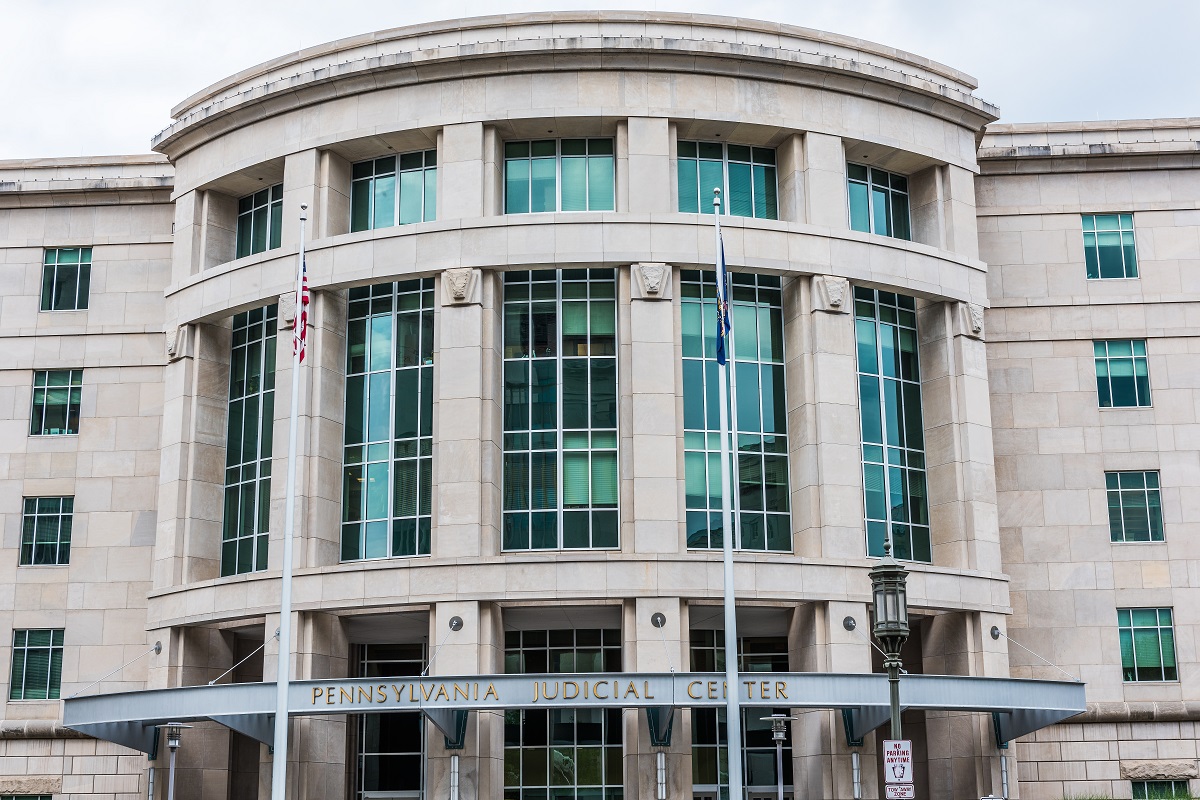The U.S. Court of Appeals for the Seventh Circuit recently affirmed the dismissal of a debtor’s federal Fair Debt Collection Practices Act lawsuit for lack of Article III standing. In so ruling, the Seventh Circuit held that the debtor’s hiring an attorney and paying an appearance fee, as well as alleged confusion, lost sleep, and emotional distress, were not sufficient to meet the requirements of standing.
Posts published in “Debt Collection”
The U.S. Court of Appeals for the First Circuit recently dismissed an appeal in a putative class action removed from Massachusetts state court to federal trial court concerning a motion to compel arbitration, holding that the order was not a final decision and was not within an exception that would permit interlocutory review.
The U.S. Court of Appeals for the Seventh Circuit recently affirmed the dismissal of a consumer’s lawsuit against a debt collector, holding that the consumer lacked Article III standing to sue because his allegations of ʺconfusion” and “alarm” were not sufficiently concrete to result in an injury in fact.
The Superior Court of Pennsylvania, an intermediate appellate court, recently affirmed a trial court's order sustaining preliminary objections to a complaint alleging violations of Pennsylvania's Fair Credit Extension Uniformity Act (FCEUA), which incorporates by reference the federal Fair Debt Collection Practices Act (FDCPA).
The U.S. Court of Appeals for the Sixth Circuit recently held that a consumer plaintiff had Article III standing to sue because his federal Fair Debt Collection Practices Act claim was similar to a common law "intrusion upon seclusion" claim, even though it involved only a single unwanted call.
March 15 was the deadline for the New York State Department of Financial Services to publish its proposed amendments to its debt collection rule. It didn’t and so they have expired. While the latest version of the proposed amendments has expired, you can bet on DFS releasing an updated version in the coming months.
The U.S. Court of Appeals for the Sixth Circuit recently reversed a trial court's dismissal of a consumer’s federal Fair Debt Collection Practices Act claim, and held that the FDCPA claim actually fell within the statute of limitations.
The U.S. Court of Appeals for the Eighth Circuit recently vacated a trial court’s judgment entered after trial in favor of the named plaintiff and a class of consumers for alleged violations of the federal Fair Debt Collection Practices Act and the Nebraska Consumer Protection Act due to lack of Article III standing.
The New York Department of Financial Services and the New York City Department of Consumer and Worker Protection are simultaneously engaged in amending their consumer debt collection rules. While the DFS rulemaking has been underway for nearly two years, the DCWP began its efforts last fall.
In a bankruptcy trustee's adversary action to recover money paid to a collection agency within 90 days prior to the filing of the debtor's bankruptcy petition, and pursuant to a previous garnishment order, the U.S. Court of Appeals for the Seventh Circuit recently reversed the ruling of a trial court denying the trustee's application.
Last year saw an influx of federal and state regulation aimed at what information must be conveyed to consumers in anticipation of the provision of medical services as well as restrictions on the collection of medical debt. Expect more activity in 2023.











